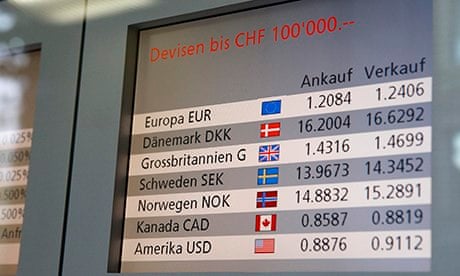BlackRock, PIMCO said to plan new front in bank FX-rigging cases
Bloomberg, 05 March 2017
Some of the world’s biggest investors are working with a U.S. law firm to prepare a fresh wave of litigation against banks accused of rigging foreign-exchange markets.
BlackRock, Pacific Investment Management Co. and hedge fund BlueCrest Capital Management are working with law firm Quinn Emanuel to recover losses they blame on the manipulation of currency benchmarks, according to two people familiar with the case, who asked not to be identified because nothing has been filed.
The target banks, including Barclays, Citigroup, HSBC Holdings, J.P. Morgan Chase, Royal Bank of Scotland Group and UBS Group, have been fined billions of dollars for conspiring to rig FX benchmarks. The firm, which will probably file lawsuits in London and New York, is trying to attract additional investors, the people said.
Quinn Emanuel’s clients will likely opt out of an existing New York class action over currency manipulation that won a total of about $2 billion in settlements from HSBC, Barclays, RBS, Goldman Sachs Group and others in 2015, according to people with knowledge of the firm’s strategy.
Opting out of the class action would allow large investors to seek higher settlements by pursuing a global strategy that includes the recovery of losses from London, where a significant portion of global trades are settled. The existing class action is limited to transactions that took place in New York.
The two law firms that are running the existing U.S. lawsuit, Hausfeld and Scott + Scott, won’t give up control of the case without a fight.
In an April 24 letter emailed to U.S. District Judge Lorna Schofield, lawyers complained that “certain unnamed law firms were sending false and misleading communications to class members to persuade them to opt out of the settlements,” the judge said in a court order Thursday. She set a May 12 deadline for the two firms to make a formal request as to what she should do in response.
Read Full Article

 Royal Bank of Scotland has handed the City regulator messages sent by one of its former traders in the latest twist in an investigation into potential manipulation of currency rates.
Royal Bank of Scotland has handed the City regulator messages sent by one of its former traders in the latest twist in an investigation into potential manipulation of currency rates.